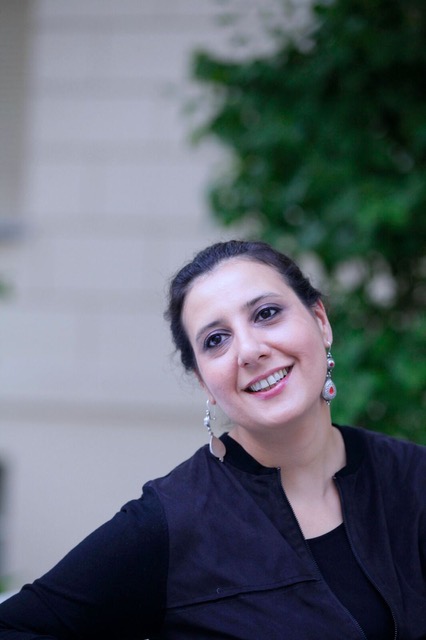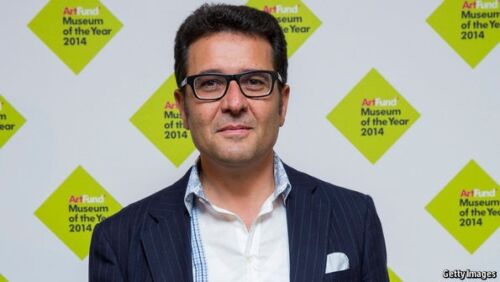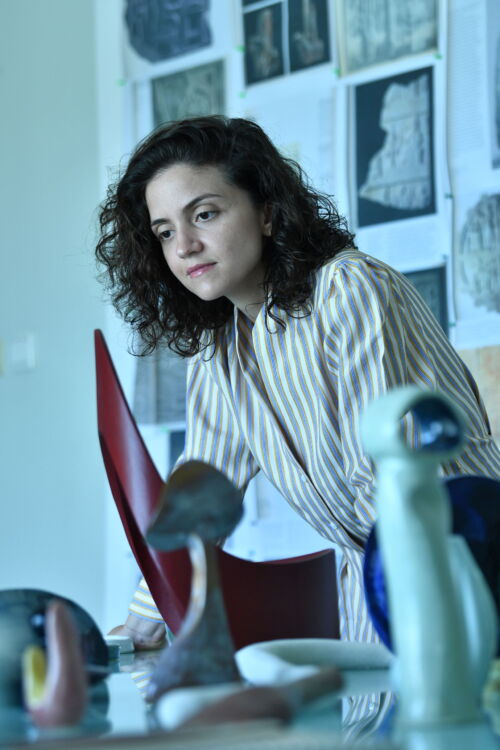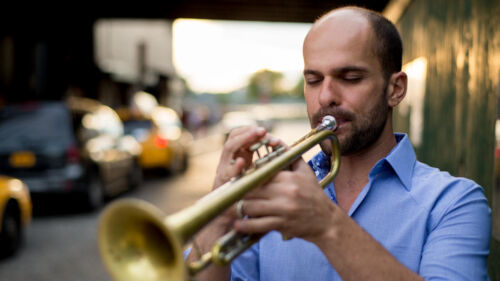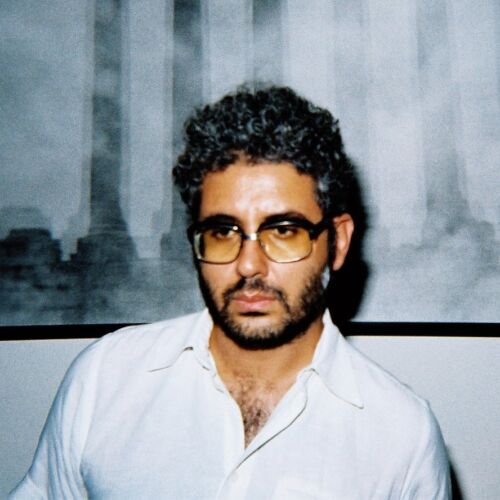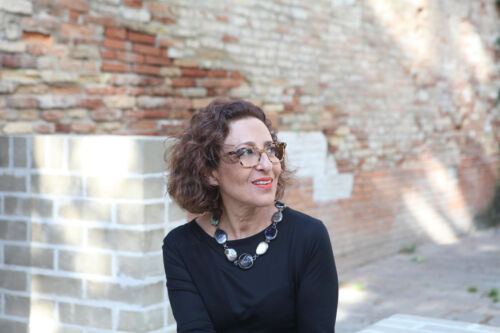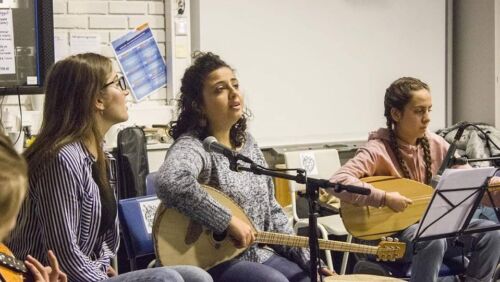The first in a series of discussions about cultural heritage and contemporary culture
We have a complex relationship with cultural heritage. In celebrating its riches, we must also acknowledge the challenges it presents.
From the smallest fragment of a poem to a vast archaeological site, protecting, preserving and interpreting cultural heritage is essential for interrogating identities, developing understanding and imagining futures.
Different people lay claim to cultural heritage for different purposes. Archaeologists and conservationists have developed inventive methods to preserve historical material from disintegration and disappearance. While contemporary artists excavate and interrogate archives, histories and personal narratives, and create new work that takes a fresh perspective on today’s realities.
The British Council’s Cultural Protection Fund and Shubbak, London’s festival of contemporary Arab culture, convened a panel of experienced specialists from the Middle East and North Africa who are actively involved in and engaged with cultural heritage.
Contributors to this discussion include Rand Abdul Jabbar whose research installation takes the tragic history of the Minaret of ‘Anah in Iraq as its starting point; Hatem Imam from Samandal who discusses how regional artists created new comic strips based on archive photographs from the Arab Image Foundation; and musician and composer Amir ElSaffar who brings together jazz, Arabic maqam and other forms.
They are joined by host Jumana Al-Yasiri and a range of speakers: architect and co-founder of Daw’an Mud Brick Architecture Foundation, Dr Salma Samar Damluji discussing post-war reconstruction and rehabilitation work in Hadramut with Prince Claus Fund. Reflecting on the restoration of The Khalidi Library, curator and director of Al-Ma’mal Foundation in Jerusalem, Jack Persekian. Musician and assistant artistic supervisor at Action for Hope, Farah Kaddour highlighting how the music school is one example of Action for Hope’s programmes across the region.
This discussion is the first in a series presented by the Cultural Protection Fund and Shubbak Festival. The Cultural Protection Fund is led by the British Council in partnership with the Department for Digital, Culture, Media and Sport.

